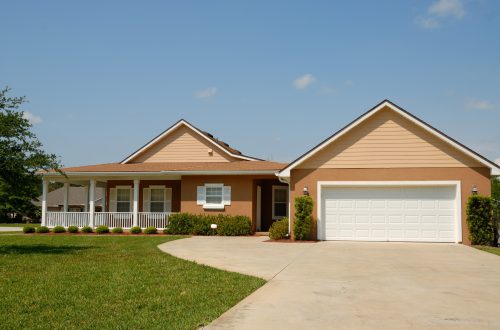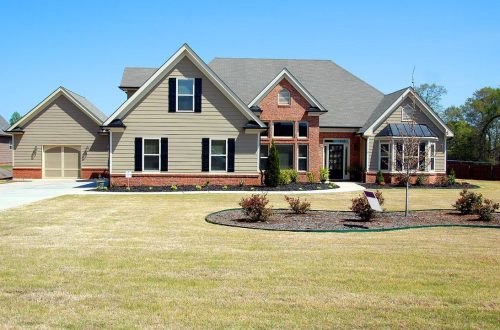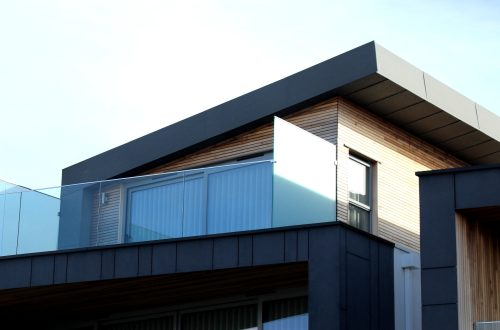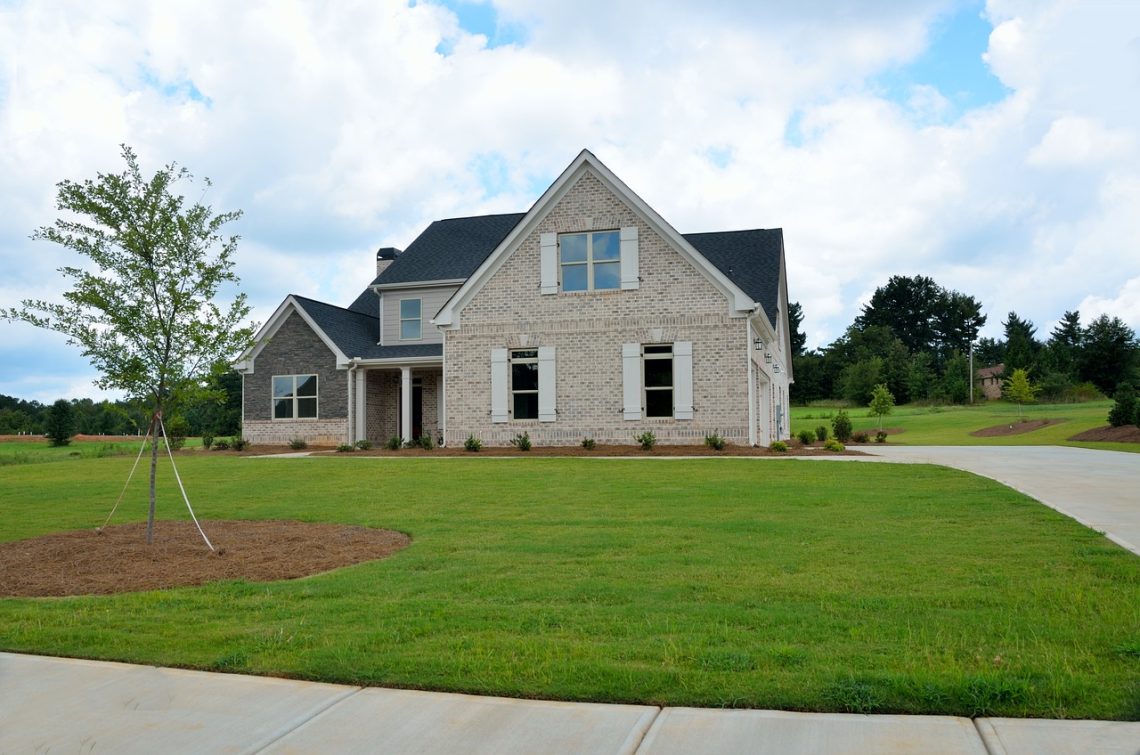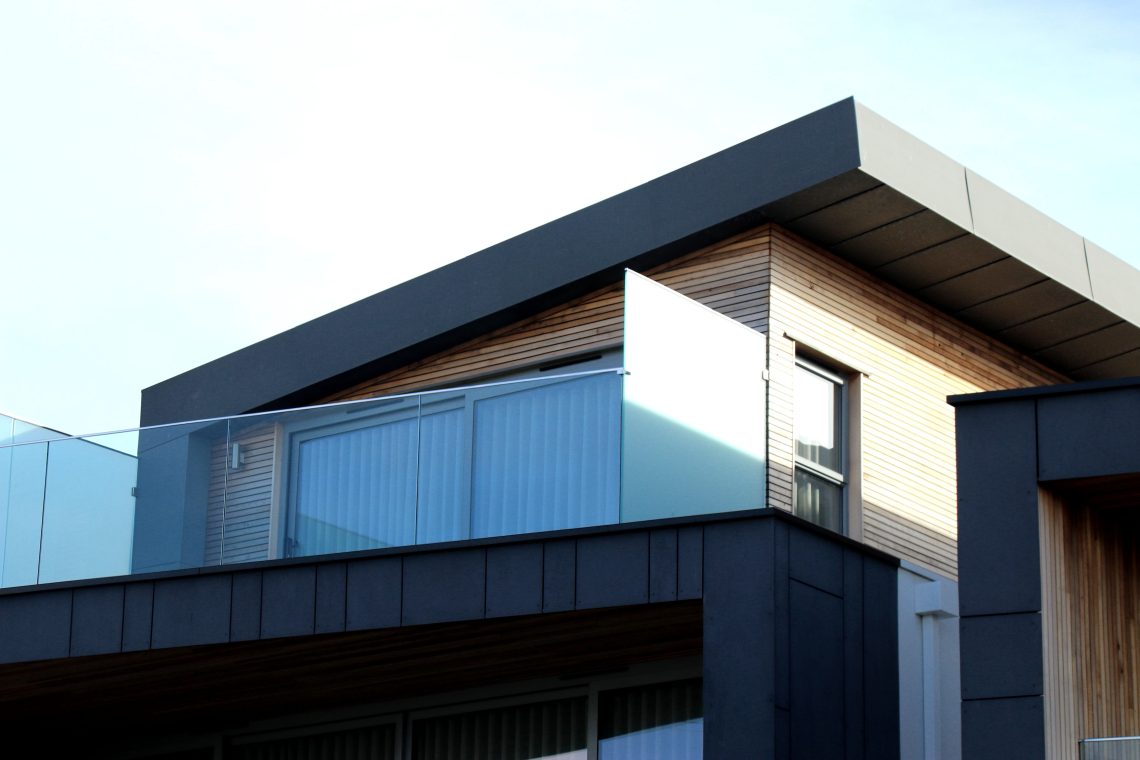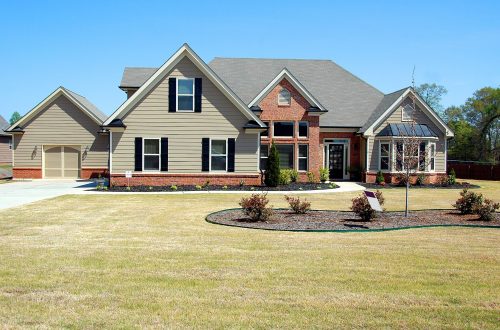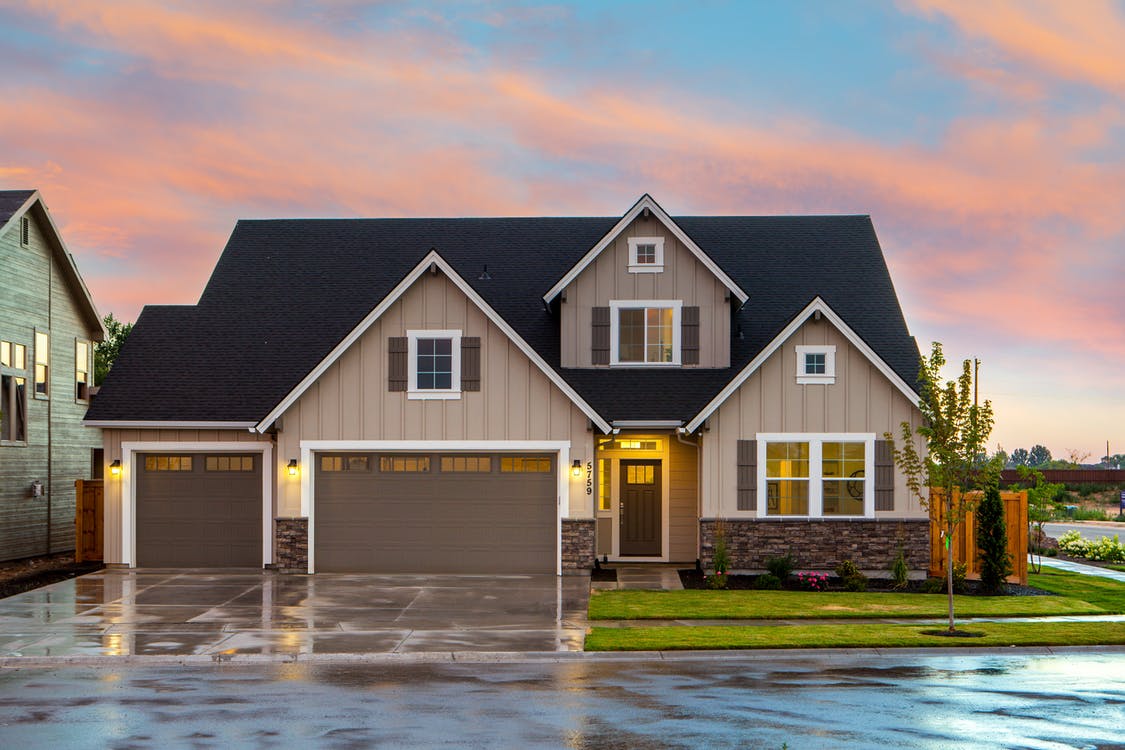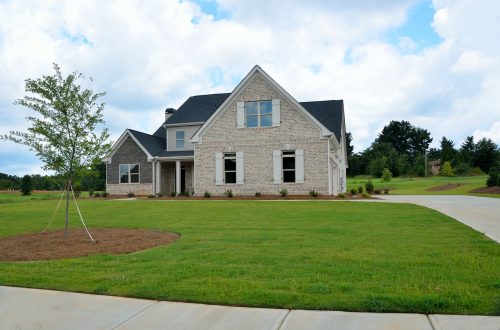-
What Is a Covered Loss? Understanding Your Insurance Policy
When you buy insurance for your car, home, or business, you buy peace of mind. But many policyholders are confused by the term “covered loss.” Knowing what it means can be crucial when filing a claim. A covered loss, at its core, defines when your insurance will help you. So why is this concept so crucial? Defining a Covered Loss A covered loss is any damage or financial setback your insurer agrees to pay under your policy. It’s an event or situation specifically included in your agreement. For example, if your homeowner’s policy covers fire, theft, and wind damage, and your house is damaged by fire, that counts as a…
-
How to File an Insurance Claim for Water Damage
Act quickly if water damage occurs. Follow these steps to ensure your insurance claim is handled smoothly. 1. Act Fast and Stop the Source of Damage Stop the water at its source. For a burst pipe, shut off the main water supply. Use buckets or tarps to limit roof leak damage. Quick action reduces damage and is usually required by your policy. 2. Document Everything Before cleanup, take photos and videos of damaged areas. Make a list of affected items with values and purchase dates if possible. Good documentation proves your loss and speeds claims. 3. Contact Your Insurance Company Immediately Once safe, contact your insurer quickly. Many offer 24-hour…
-
5 Smart Ways to Lower Your Homeowner Insurance Costs
Homeownership comes with many expenses, and homeowner’s insurance is one of the most important. While it protects your home and belongings against unexpected damage or loss, the premiums can feel like a financial burden. The good news is that there are several practical strategies to reduce your costs without sacrificing coverage. Here are five smart ways to lower your homeowner’s insurance costs: 1. Shop Around and Compare Quotes Insurance companies calculate risk differently, which means premiums can vary widely for the same coverage. By getting multiple quotes, you can compare rates, coverage options, and discounts. Don’t just look for the cheapest policy—make sure the coverage limits and deductibles fit your…
-
5 Tips for First-Time Home Buyers
Buying your first home is an exciting milestone, but it can also feel overwhelming if you’re not prepared. From navigating mortgage options to selecting the right neighborhood, there are numerous factors to consider before making such a significant investment. If you’re purchasing your first home in Central Oregon, planning ahead will help you avoid costly mistakes. Here are five essential tips for first-time homebuyers, including why protecting your new investment should be a top priority. 1. Get Pre-Approved for a Mortgage Before you start shopping for homes, meet with a lender to get pre-approved for a mortgage. This step helps you understand how much house you can afford and shows…
-
How Will I Know When My Coverage Needs Change?
Life is constantly changing, and so are your insurance coverage needs. Whether you are buying a new home, expanding your family, or planning for retirement, it’s important to make sure your homeowners’ insurance in Central Oregon continues to provide the right level of protection. Many people purchase a policy and then forget about it, but regularly reviewing your coverage can help you avoid gaps and ensure that your home and belongings are fully protected. Here are some key times when it may be wise to revisit your policy. 1. When You Buy or Renovate a Home If you buy a home in Central Oregon, make sure your policy covers the…
-
Deciding Between Replacement Cost and Actual Cash Value
When shopping for Bend Oregon homeowners insurance, one of the most important decisions you’ll make is whether to insure your home and belongings at replacement cost or actual cash value. While both options provide coverage, they differ in how much compensation you’ll receive if you need to file a claim. Understanding the difference can help you make the best decision for protecting your investment. Replacement Cost Coverage Replacement cost coverage reimburses you for the amount it would take to repair or replace your home and belongings with new materials of similar kind and quality, without deducting for depreciation. For example, if your ten-year-old roof is damaged by a storm, replacement…
-
Approaching Home Insurance as a First-Time Buyer
Searching for more information on homeowners insurance as a first time buyer? Buying your first home is a significant milestone, marked by excitement and new responsibilities. Among the many tasks on your to-do list, securing homeowners’ insurance is one of the most important steps. For first-time buyers, understanding how home insurance works can feel overwhelming, but with the right approach, you can make a confident and informed decision. Why Home Insurance Matters Homeowners insurance provides financial protection against unexpected events, such as fire, theft, storm damage, or liability claims resulting from an injury on your property. For most buyers, it’s also a requirement from your mortgage lender, making it a…
-
Loss of Use Coverage Explained
When unexpected events strike your home, the damage can disrupt more than just the property’s structure. If a fire, storm, or another covered peril leaves your house uninhabitable, you may need temporary housing and additional funds to maintain your standard of living. This is where Loss of Use coverage, also known as Additional Living Expenses (ALE), comes in. Understanding this type of protection is essential for every homeowner evaluating homeowners’ insurance policies in Bend, Oregon, or central Oregon. What is Loss of Use Coverage? Loss of Use coverage is typically included in most standard homeowners’ insurance policies. It helps cover expenses incurred when your home is deemed unlivable due to…
-
What Information Do You Need for a Homeowners Insurance Quote?
When shopping for homeowners’ insurance, it’s essential to be prepared with the right information to obtain an accurate quote. Insurance companies use specific details about your property and personal situation to calculate risk and determine the cost of your premium. Here’s a breakdown of the information you’ll typically need to provide when requesting a homeowners insurance quote. Personal Information Start with your name, date of birth, contact information, and Social Security number. Insurers also ask about your insurance history, including any past claims. This helps them understand your risk profile and verify eligibility for certain discounts. Property Details The bulk of the quote depends on your home itself. Be ready…
-
The Importance of Liability Coverage in Homeowners Insurance
Homeowners insurance is often viewed primarily as a safeguard for your home’s physical structure and personal belongings. While protecting your property from fire, theft, and natural disasters is essential, there’s another equally important component that is sometimes overlooked—liability coverage. This coverage protects you financially if you are found legally responsible for injuries or property damage to others. What Is Liability Coverage? Liability coverage in a homeowners insurance policy helps cover costs if someone is injured on your property or if you accidentally cause damage to someone else’s property. For example, if a guest slips on your icy driveway and suffers a serious injury, you could be held liable for their…

